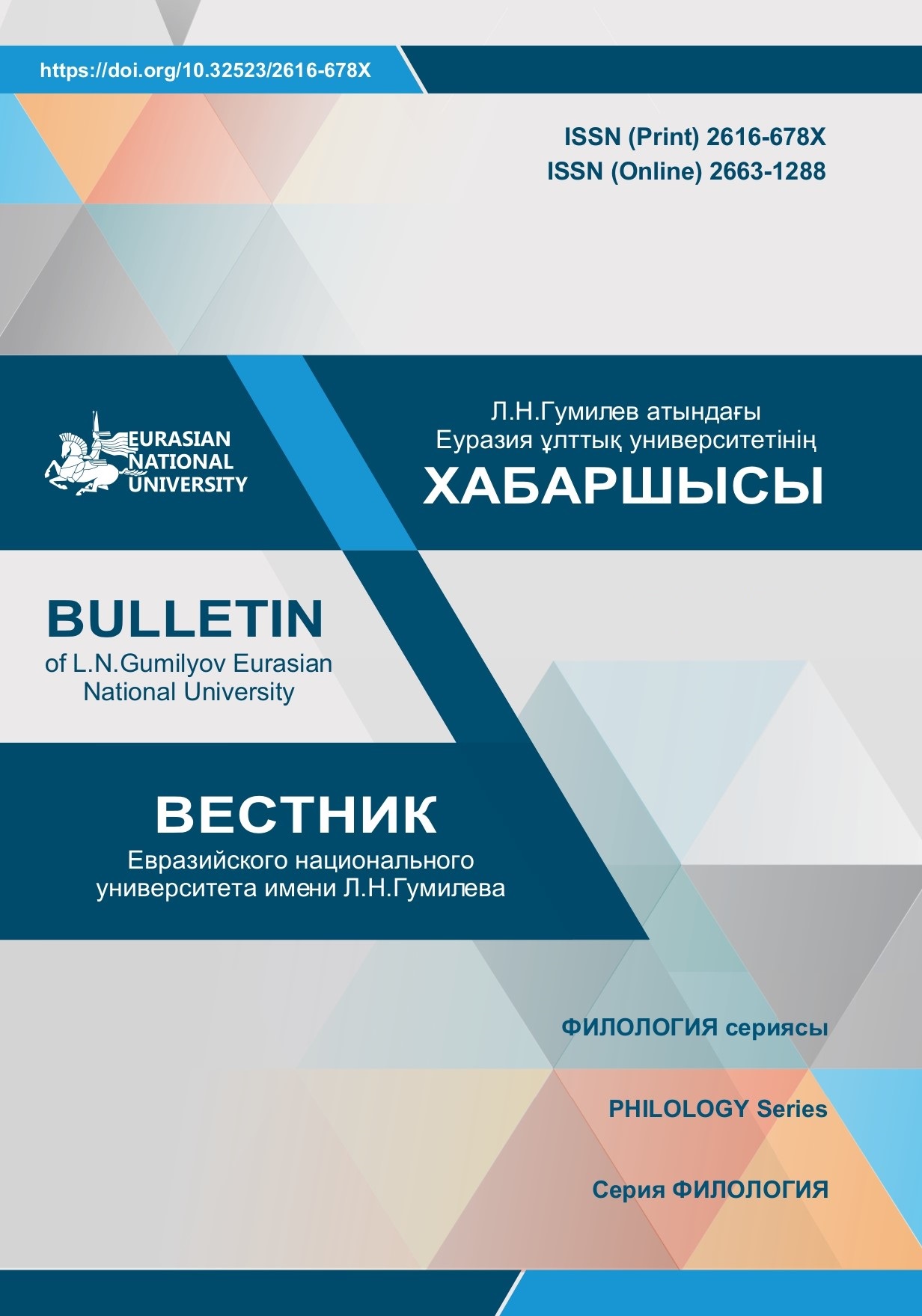The linguopragmatic aspect of the theatrical review in the British press
Views: 280 / PDF downloads: 221
DOI:
https://doi.org/10.32523/2616-678X-2023-144-3-22-33Keywords:
theatrical review, evaluation, discourse, locutionary speech act, illocutionary speech act, perlocutionary speech act, linguistic meansAbstract
The purpose of the study is to investigate the linguopragmatic aspect of the theatrical review in the British press. The term “review” is often used for a comprehensive analysis of several types of writing, including a review of international news, a review of book novelties; reviews of various forms of art (theatrical, cinematic etc.) and science (popular science). Media coverage of the theater, particularly in the form of theatrical reviews, need particular language tools due to the specialized nature of its themes and aims. The consideration of linguistic means and their role in the creation of a multifunctional theatrical review appears to be relevant due to the fact that it touches on a wide variety of issues. Some of the issues include genre contamination, the interaction of media and advertising, cultural and aesthetic concerns, as well as general main trends in the stylistics of the language used in theatrical discourse. Within the framework of the investigation, theatrical reviews in the British press are analyzed from a linguistic perspective. Particular focus is placed on the linguistic characteristics of reviews, as well as the manners in which the critic's personality and the image of his audience are conveyed through the written word.







